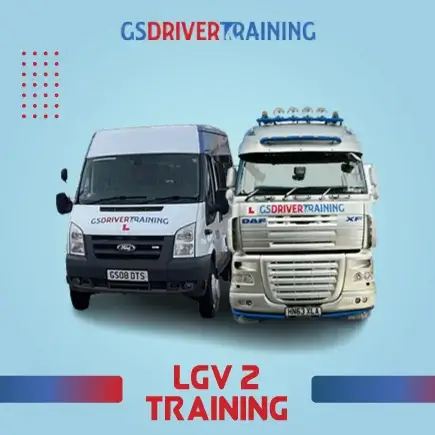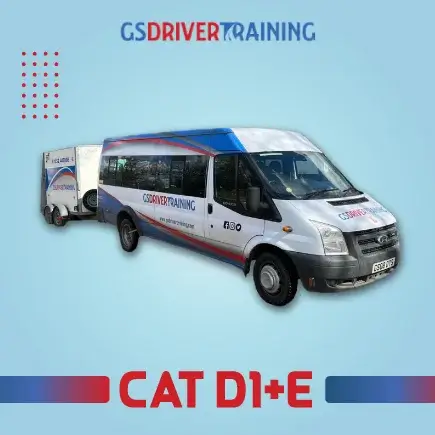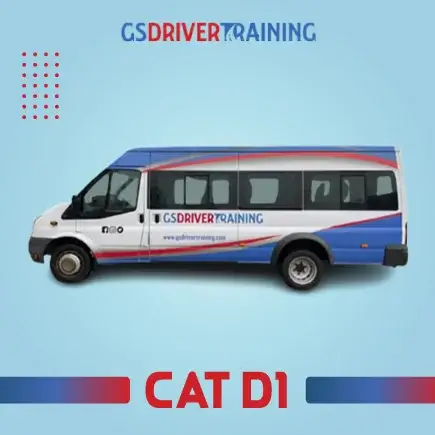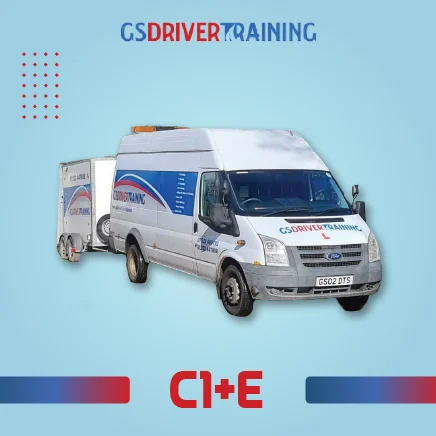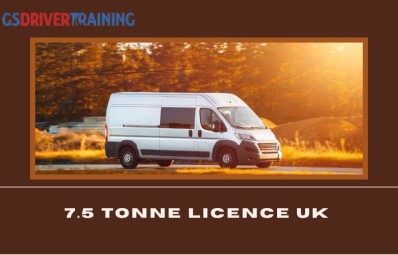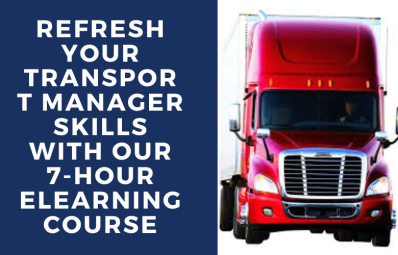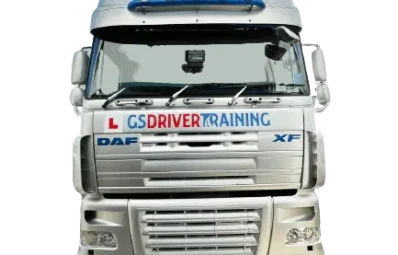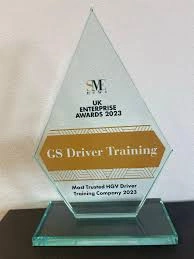
Forklift Truck Training is vital for ensuring safe and effective forklift operations in warehouses, construction sites, and other industrial settings. This training helps operators handle loads safely, manoeuvre vehicles efficiently, and comply with UK health and safety regulations, significantly reducing the risk of workplace accidents and damage to property or goods.
Key Components of Forklift Truck Training:
FLT training courses Duration and Cost:
- Forklift training typically lasts from 1 to 5 days, depending on the operator’s level of experience and the type of forklift. Novice operators might need up to five days of training, while experienced operators can usually complete a one-day refresher course.
- Costs vary, typically ranging from £100 to £400, depending on the course and certification level.
- (forklift truck instructor also available)
Health and Safety Regulations:
- Operators are educated on relevant UK laws, such as the Health and Safety at Work Act 1974 and LOLER (Lifting Operations and Lifting Equipment Regulations 1998). Understanding these regulations is essential to operating within legal requirements.
Types of Forklifts:
- Training can be tailored to the specific type of forklift in use, including counterbalance forklifts, reach trucks, and pallet trucks. Each type requires unique handling techniques due to their different functionalities and operational uses.
Pre-Operational Checks:
- Operators are trained to conduct thorough checks before using the forklift, ensuring everything is in safe working order. This includes inspecting brakes, tyres, controls, and hydraulic systems, among other components.
Load Handling and Stability:
- Training covers how to assess and handle loads safely, focusing on correct lifting techniques, weight distribution, and maintaining forklift stability. This is crucial to prevent accidents like tip-overs or dropping loads.
Safe Manoeuvring:
- Operators are taught how to safely manoeuvre forklifts in various settings, including confined spaces. Training covers reversing, turning, and parking the forklift safely to avoid collisions and ensure operational safety.
Practical and Theoretical Training:
The course includes both hands-on practical training and theoretical learning. Operators are taught about load charts, forklift capacity, and balancing techniques, as well as how to prevent accidents and work within safety guidelines.
Practical and Theoretical Training:
After completing the course, operators receive a certification that is typically valid for 3 to 5 years. This certification proves their competence and may be required by employers. A refresher course is recommended before the certification expires.

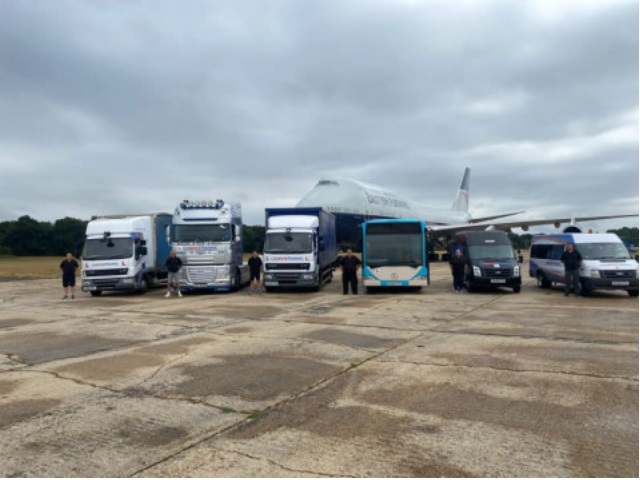
Who Should Take Forklift Truck Training?
- New employees who will be operating forklifts as part of their job.
- Experienced operators needing refresher training to maintain their qualifications.
- Warehouse, logistics, and construction workers who require certification to operate forklifts.
Conclusion:
Forklift truck training is essential for ensuring workplace safety, legal compliance, and operational efficiency. UK-based training providers, such as RTITB (Road Transport Industry Training Board) and AITT (Association of Industrial Truck Trainers), offer accredited courses that meet industry standards. Proper training not only safeguards employees but also ensures that operations run smoothly without unnecessary risks.
Frequently Asked Questions (FAQ) - Forklift Truck Training in Surrey
A: There are various training centres across Surrey that offer forklift truck training. Many accredited providers offer a range of courses tailored to different forklift types, including counterbalance and reach trucks. You can contact local training centres like GS Driver Training or RTITB-accredited facilities in the area for more details.
A: A counterbalance forklift truck is one of the most common types of forklifts. It has a heavy counterweight at the rear to balance the load at the front. Training on a counterbalance truck is important for many warehouse and industrial jobs, as it teaches you how to safely lift, move, and place loads.
A: Basic forklift training typically covers essential safety protocols, how to operate a forklift, manoeuvring in confined spaces, lifting and lowering loads safely, and pre-operation checks. This training ensures that operators can handle forklifts in line with UK regulations.
A: Yes, you need to complete an accredited forklift operator training course and obtain a forklift licence. This ensures you have met the health and safety requirements to operate forklifts legally and safely in the workplace.
A: Accredited training includes certification through organisations like RTITB, AITT, or NPORS. These bodies ensure that the training meets the legal standards required for operating forklifts in the UK.
A: The duration depends on your prior experience. For new operators, basic training typically takes 3 to 5 days. Refresher courses for experienced drivers can be completed in as little as one day.
A: Accredited instructors can be found at training centres or through organisations like RTITB and AITT. Many training centres in Surrey provide certified forklift instructors who are experienced in delivering both theoretical and practical forklift training.
A: Yes, many centres offer conversion courses if you want to operate different types of forklifts after completing your counterbalance training. These could include reach trucks, telescopic handlers, or pedestrian-operated lift trucks.

